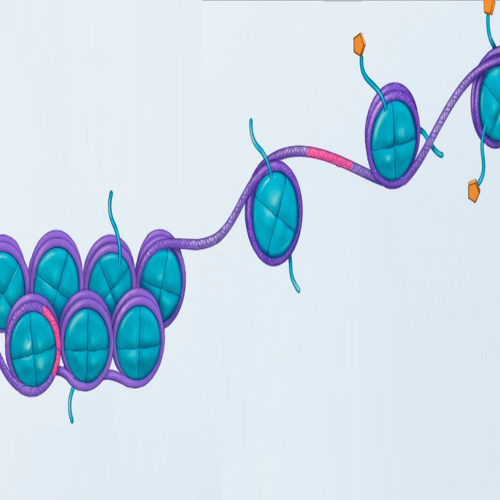Steve Horvath at ARDD2024: DNA methylation studies of maximum lifespan in mammals
Steve Horvath delivers a presentation on DNA methylation studies exploring maximum lifespan in mammals
Steve Horvath, a leader in the field of epigenetics, provided a comprehensive overview of advancements in ageing biomarkers, focusing on methylation clocks. He discussed their strengths, challenges, and potential to revolutionize ageing research and clinical practice.
Key Points:
Steve Horvath's talk showcased the transformative potential of methylation clocks in ageing research and clinical applications, while also addressing the complexities and gaps that remain. The universal nature of these clocks offers hope for breakthroughs in understanding and intervening in the ageing process.
- Diversity of Ageing Biomarkers: Horvath highlighted the explosion of biomarkers to measure ageing, such as transcriptomic, proteomic, lipidomic, and metabolomic clocks. These tools capture different aspects of biological ageing, yet their abundance can be overwhelming, raising questions about which biomarkers are most useful for specific applications. He emphasized the importance of selecting interpretable clocks, such as proteomic clocks for inflammation or clinical biomarkers for early morbidity.
- Strengths and Weaknesses of Methylation Clocks: Methylation clocks are valued for their simplicity and predictive power. They are highly intuitive because they leverage DNA, the molecule of genetic information, as a clock. However, one limitation is their lack of biological interpretability, which can be addressed by focusing on specific chromatin regions or methylation patterns, such as those associated with PRC2.
- Clinical Applications and Research Needs: Methylation biomarkers have already been implemented in human clinical trials, proving their utility in predicting morbidity and mortality. Horvath called for longitudinal studies combining methylation, proteomic, metabolomic, and other omics data to build comprehensive models of ageing. These studies would help refine the clocks and address gaps in their current applications.
- Universal Appeal of Methylation Clocks: These clocks can measure biological age across various species and life stages, from prenatal development to centenarians. Their ability to function universally across tissues and species underscores their versatility. The link between developmental processes and ageing later in life was also highlighted, emphasizing the clocks' broad relevance.
- Third-Generation Clocks and Species Comparisons: Advances in pan-mammalian and dual-species clocks have shown that mechanisms influencing ageing are conserved across species, such as humans and amphibians. This cross-species applicability makes these tools valuable for studying universal ageing processes and testing interventions in animal models with potential human relevance.
- Limitations in Reprogramming and Lifespan Prediction: While partial cellular reprogramming using Yamanaka factors shows promise in resetting biological age, its effects on maximum lifespan remain unclear. Horvath emphasized the need for optimized protocols to better understand the impact of reprogramming on ageing across different tissues and species.
- Maximum Lifespan vs. Individual Characteristics: Maximum lifespan is determined at the species level, while biological age, time to death, and morbidity risk are individual characteristics. Horvath explained that these are biologically and mathematically distinct, with different molecular determinants influencing each. This distinction is crucial for developing targeted interventions.
- Future Directions and Integration: Horvath proposed integrating methylation data with other biomarkers to enhance the predictive power of ageing models. He also introduced the concept of "dynamic methylation rate analysis," which examines changes in methylation rates over time, correlating these changes with lifespan. This approach could provide deeper insights into the ageing process.
Visit website: https://www.youtube.com/watch?v=8cNYL1DSHZc
Details last updated 05-Jan-2025
Mentioned in this Resource
ARDD 2024 - 11th Aging Research & Drug Discovery Meeting
26-Aug-2024 to 30-Aug-2024
Event about latest progress in the molecular, cellular and organismal basis of aging organised by University of Copenhagen (Copenhagen, Denmark)






